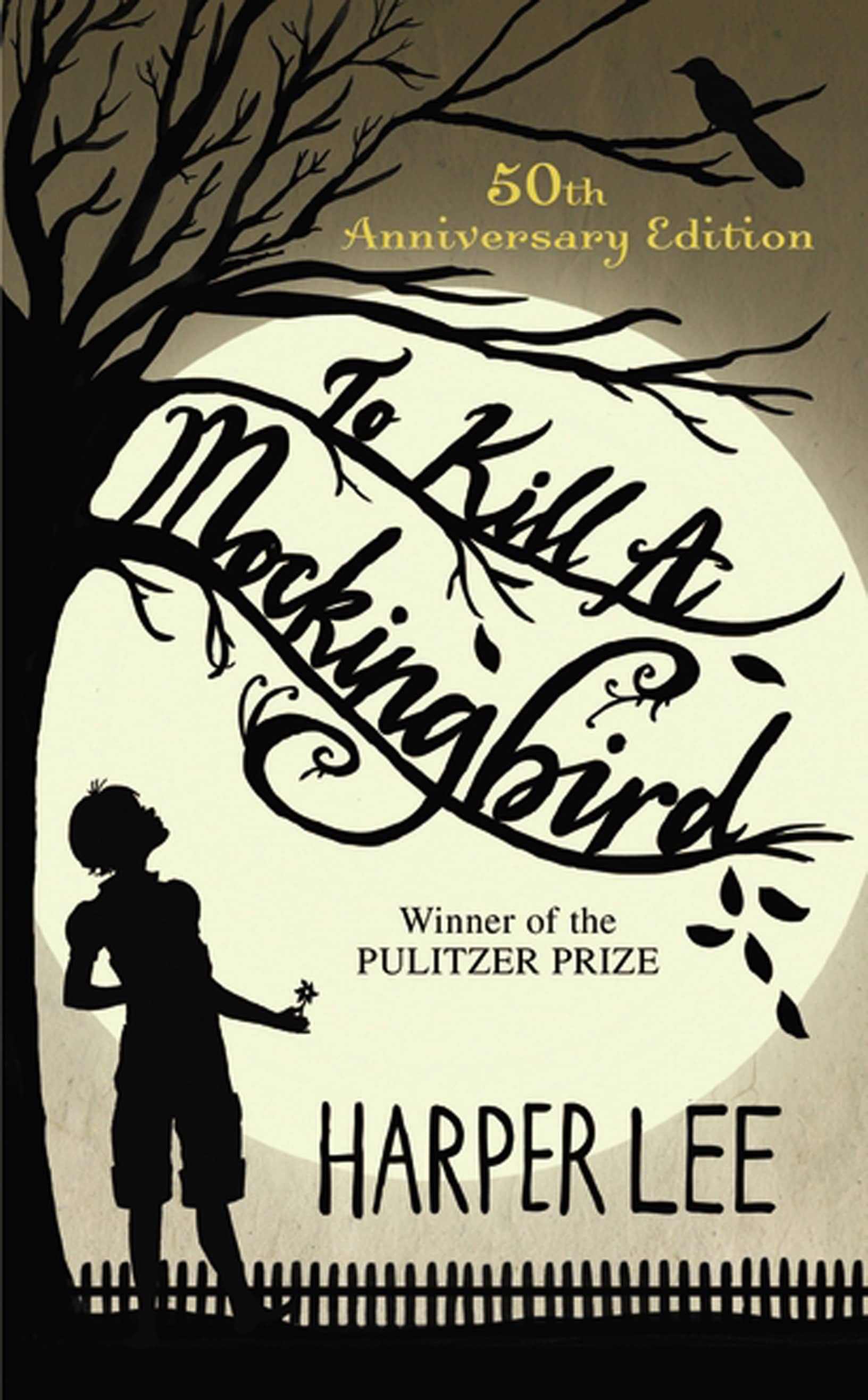To Kill a Mockingbird // Harper Lee
 Harper Lee’s To Kill a Mockingbird won the Pulitzer Prize in 1961 for its groundbreaking exposure to countless forms of discrimination in the Deep South in the 1930s. The novel is widely studied in schools for its profound observation of pivotal events through the eyes of a little girl named Scout. As Scout grows up under the support of her humanitarian father Atticus, her older brother Jem and their friend Dill, we witness the occurrences in their small and constricted Southern town that expose the locals’ prejudices, hypocrisy, and intolerance. With Scout as our narrator, we witness the discrimination through the innocence of children before they become desensitised to the adults’ intolerance. The themes within this novel guided my classmates and I to become aware of the errors within social equality that can still be seen today, making this novel an endlessly important aspect of our secondary education.
Harper Lee’s To Kill a Mockingbird won the Pulitzer Prize in 1961 for its groundbreaking exposure to countless forms of discrimination in the Deep South in the 1930s. The novel is widely studied in schools for its profound observation of pivotal events through the eyes of a little girl named Scout. As Scout grows up under the support of her humanitarian father Atticus, her older brother Jem and their friend Dill, we witness the occurrences in their small and constricted Southern town that expose the locals’ prejudices, hypocrisy, and intolerance. With Scout as our narrator, we witness the discrimination through the innocence of children before they become desensitised to the adults’ intolerance. The themes within this novel guided my classmates and I to become aware of the errors within social equality that can still be seen today, making this novel an endlessly important aspect of our secondary education.
The first part of the novel focuses on social discrimination, while the latter half focuses on racial discrimination. Part 1 introduces us to the mysterious Boo Radley who doesn’t leave his house, who is disliked for his peculiar behaviour. In part 2, we see the development of the trial of Tom Robinson, a black man wrongly accused of raping a white woman. All of the characters and episodes are extremely important to the story, and each level of the every event paints a deeper meaning to the story. Atticus Finch in particular has gained recognition as a literary hero with his empathetic nature towards those of a minority. “You never really understand a person until you consider things from his point of view… Until you climb inside of his skin and walk around in it.”
My favourite element of the novel is the Mrs Dubose episode, where we are presented with a different kind of courage: “She died beholden to nothing and nobody. She was the bravest person I ever knew.” The novel shows us how courage can come in all kind of forms, and isn’t always “a man with a gun in his hand.” To Kill a Mockingbird is a timeless tale that is essential in teaching adolescents globally that “there is just one kind of folks.”
Words by Nancy Davis